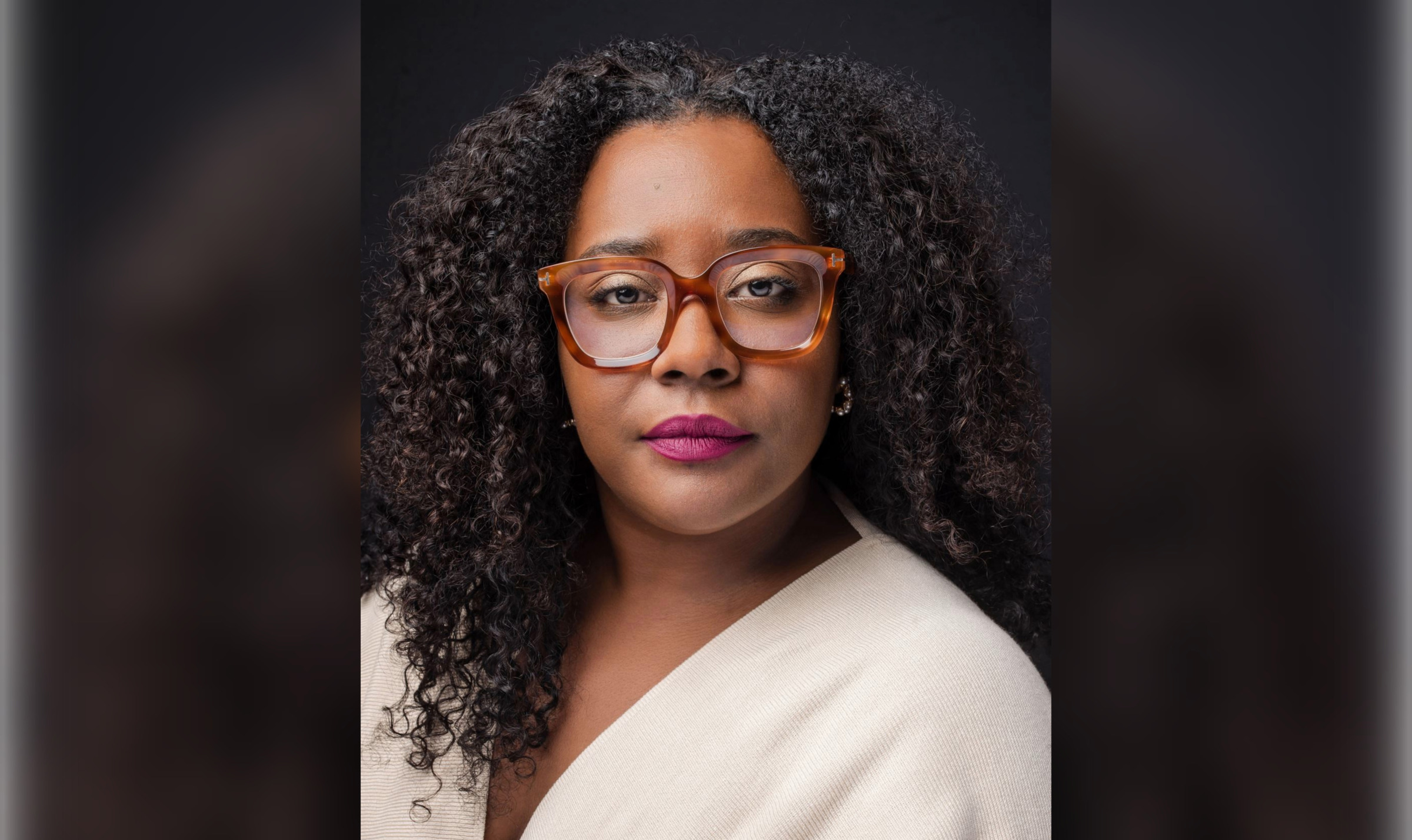The following was adapted from a story published by the American Educational Research Association.
A study conducted by UNC School of Education faculty member Constance Lindsay, Ph.D., and University of California, Davis faculty member Cassandra Hart, Ph.D., has found that Black male elementary school students matched to Black teachers are less likely to be identified for special education services. The relationship is strongest for economically disadvantaged students. Their findings appear in the American Educational Research Journal, a peer-reviewed journal of the American Educational Research Association (AERA). AERA announced the study’s publication on March 6.
The researchers also found that the connection is especially strong in special education categories that are more open to teacher discretion, such as learning disabilities. For their study, Hart and Lindsay drew on rich statewide administrative data from North Carolina that included more than 540,000 observations of Black children in grades 1 to 4 and their assigned teachers from 2008–08 through 2012–13.
“It may be that Black teachers interpret certain behaviors as simple inattentiveness rather than a disability, or that Black students respond to Black teachers with more engagement,” said Lindsay, an assistant professor of educational leadership.
“Our findings add to the growing body of evidence that having access to Black teachers matters to Black children’s educational journeys,” said Hart, a professor of education at UC, Davis. “We show that access to Black teachers most strongly affects precisely the types of special disability placements that are more subject to teacher discretion, and therefore where the need for services is more questionable.”
Hart and Lindsay noted that special education placement, when appropriate, can be beneficial for children. However, concerns arise when children are exposed to the potential stigma of special education in cases where the benefits may be less pronounced and the need for services may be more discretionary. Prior research has also suggested that Black teachers hold higher expectations for Black students.
Approximately 7 percent of teachers nationwide are Black, compared to 15 percent of students, according to the U.S. Department of Education.
“Our results add to the growing evidence for why diversifying the teacher workforce is important for improving student outcomes from all backgrounds,” said Hart. “Beyond that, school districts may want to consider providing clear guidance to teachers around when they should urge screening for disabilities, to minimize the role of teacher discretion in the identification process.”
Hart and Lindsay also found that Black teachers were less likely to identify White children for disability services than non-Black teachers, although the relationship was not as strong as it was with Black boys.
“Black teachers may be simply less likely across the board to suggest screening for disabilities,” Lindsay said. “Regardless of the reason, this finding is consistent with prior research showing that diversifying teachers does not harm, and often benefits, non-Black students as well.”
Study citation: Hart, C. & Lindsay, C. (2024). Teacher-student race match and identification for discretionary educational services. American Educational Research Journal. Pre-published March 6, 2024.
